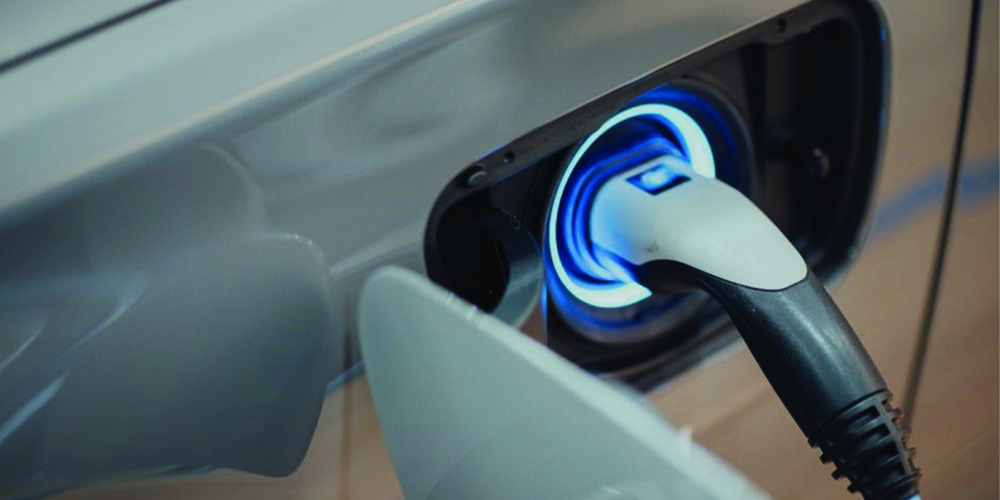Last month’s column titled “Cleaning Up Other Shops’ Messes” told of how good, honest shops have to sometimes repair the customer’s trust after a “bad shop” injures our industry. Reader Paul Wright, wrote this response.
Your column begins with a story told to you from a independent shop owner who recounts his experience with another shop.
You go on to state that when the customer refused the repair after consulting with this shop owner, the shop in question acted vindictive and petty by insisting that the vehicle be towed and not driven off their premises. You wrap everything up by telling us how the independent shop owner “accommodated” the customer and repaired the vehicle, thereby repairing the trust of the customer in our industry.
Your bias is clear when you characterize franchise shops as a place to “get a start”. Large corporate stores can be a great place to have a rewarding career. Your misunderstanding stems from several assumptions.
First, you assume that because the shop has access to MAP guidelines, employees would be fully trained in the use of said guide.
Second, you go on to assume that because the shop is a large franchise that it provides on-going technical and business training. I can tell you from experience– that simply is not true.
Last, and most importantly you assume that it’s the shop’s fault that this particular experience went the way it did. This started for one reason– an incompetent technician! A shop of mostly competent and ethical tech can be labeled as a “bad shop,” if one of them is incompetent. I wish you would have cited the incompetent tech as the root cause of this situation. One incompetent tech can destroy a lifetime of building trust. Most service advisors are “people persons,” they aren’t highly skilled tech. They will repeat what they are told by the technician.
Don’t forget, large franchise operations have very strict profit guidelines, what may appear as grossly inflated in Ohio may be the norm in New York. While you may think that to insist that a vehicle with a safety related item such as a bad wheel bearing be towed is petty and vindictive, large corporations are reminding their employees to be over cautious to reduce exposure to litigation.
You may be surprised to learn that I do not run a shop. I am a technician at a Firestone corporate store in Fort Wayne, IN. I stared with Firestone late last year. In addition to being a sponsoring member of iATN, I attend more than 200 hours of training a year. I routinely travel to Cleveland, Detroit, Chicago and Indianapolis for training.
I have been a tech for more than 25 years. A few years ago, my wife and I added up all the money I have spent in tools and training through the years. The number was quite large; actually it was very close to 10 percent of my pre-tax earnings! Young tech today do not seem to make the same investment in their craft that I still do. Your column really him home for me.
The “bad shop” that you describe sounds like the typical large corporate store.What really burns me is that these guys are basically good people. They have been doing things wrong for so long that it takes a huge amount of persuasion to “show them the light.”
They are amazed at the level of investment in time and money that I put into my craft. For some reason they think that the craft owes them an ROI that would make Warren Buffet proud. How do we get them thinking about the CRAFT? How do you tell a man that his craftsmanship is poor without destroying his morale? How can the industry develop a “best practices” process? Who will set the standards?
My wife tells me that I worry too much about things I can’t change. I feel that I have an obligation to the next generation of tech to pass along the very best of my craft and hopefully, restore the pride in this industry. In the end a shop is neither good nor bad, rather it’s the tech inside who determine how it will be judged.
Thanks again for letting me rant.
I enjoy reading your views, often your column forces me to review how I think about certain areas of this business. Thanks for letting me rant.
Paul Wright
Thanks Paul, you are right. I am a little biased toward the small shop owner. I have worked for both independent and franchise shops during my career. Looking back on it now, I realize that it is the individuals who are good or bad. It is just easier throwing stones at large, faceless organizations sometimes, I apologize.













